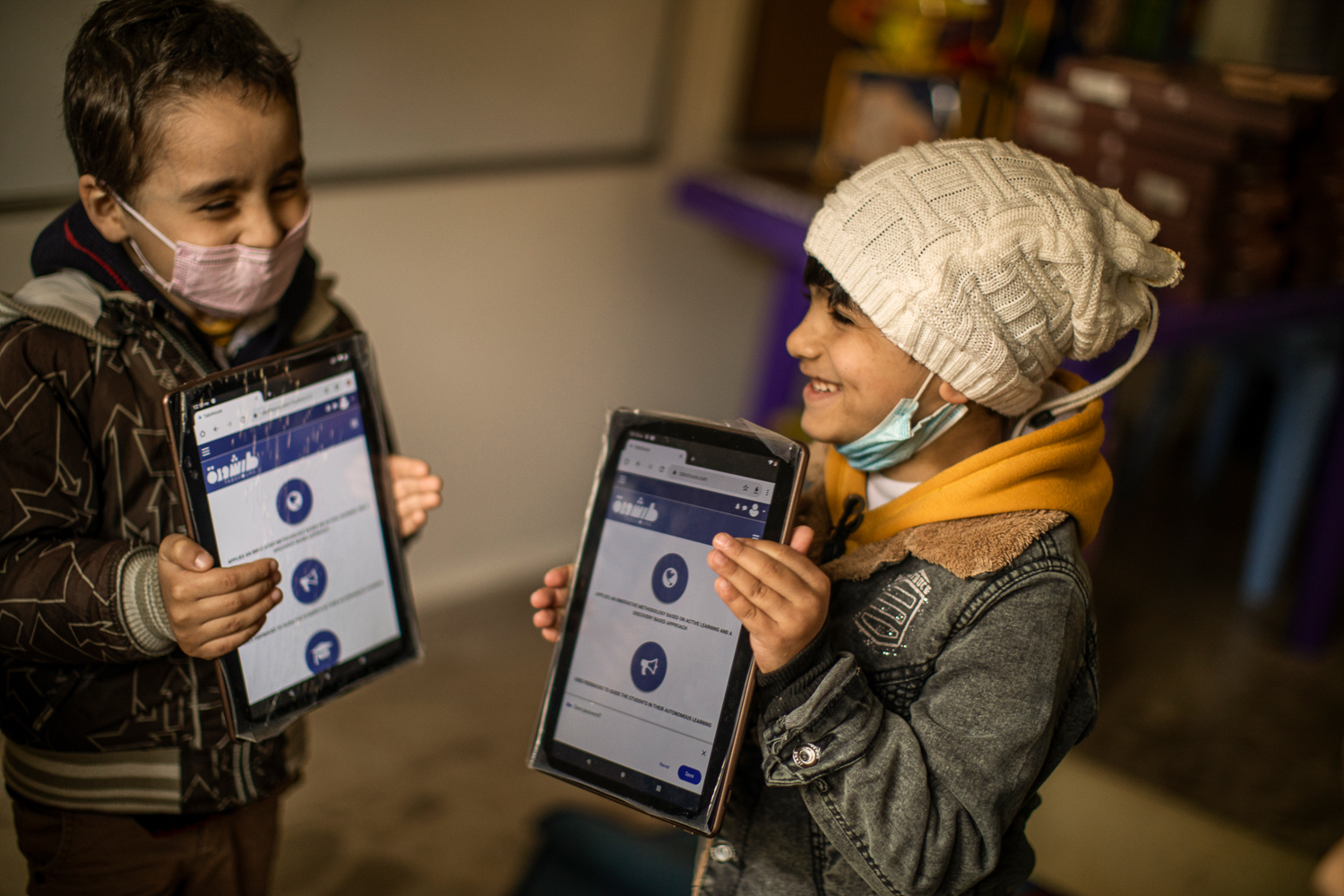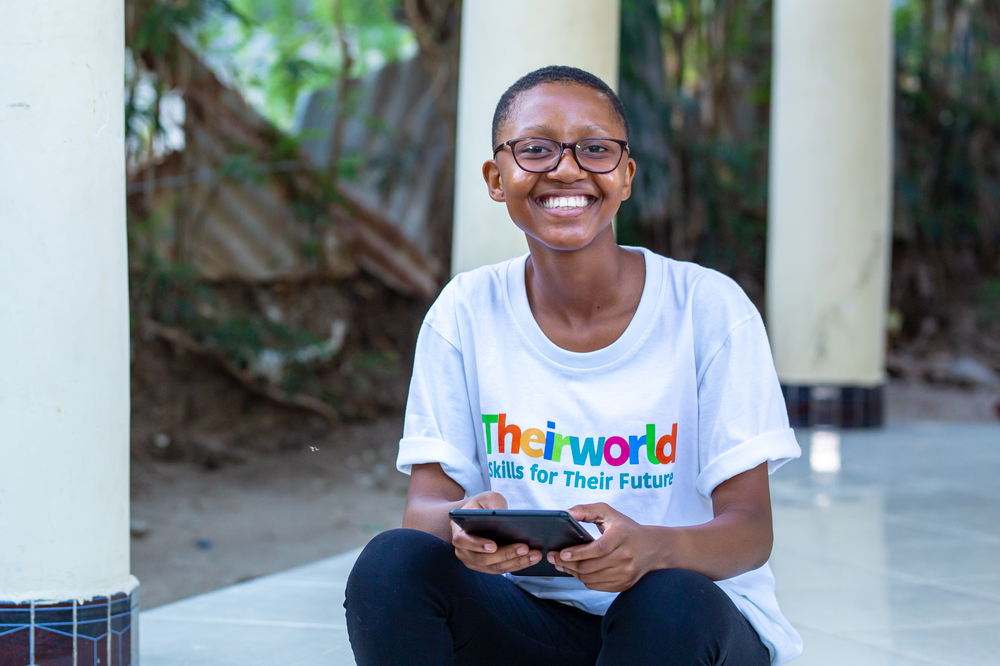
Village children to test $10m prize innovations that let them teach themselves
Barriers to education, Right to education, Technology and education
The five finalists in the Global Learning XPRIZE contest will have their software tried out by 4000 children in Tanzania over the next 15 months.
Millions of children around the world cannot read, write or do basic mathematics. Even if they’re in school, they’re often not learning the skills they need.
So an education technology challenge called the Global Learning XPRIZE was set for software innovators – come up with a solution that will help children in developing countries teach themselves basic reading, writing and arithmetic.
The software code and content will be open-source so that anyone can use it – and must be able to be scaled up to deal with the huge problem of a lack of qualified teachers.
From 198 entries, five finalists have been chosen and each awarded a $1 million prize. And now they are preparing to begin testing their ideas in Tanzania next month.
Four thousand children in 150 villages in Tanga region will test the software solutions for 15 months. The team with the best solution will win the $10 million grand prize in April 2019.

“Our five finalists are developing the most promising software solutions to enable children to teach themselves basic reading, writing and arithmetic, as determined by our panel of expert judges,” said Matt Keller, senior director of the Global Learning XPRIZE.
The five-year competition was unveiled in 2014 at a New York event hosted by the Global Business Coalition for Education.
Gordon Brown, the United Nations Special Envoy for Global Education, said: “The Global Learning XPRIZE is an exciting opportunity to inspire scalable, open-source solutions and innovative ideas to help bring personalised learning experiences to every child.”
Here’s a look at the five finalists and the ideas those Tanzanian schoolchildren will be trying out.
CCI (New York, United States) is developing structured and sequential instructional programmes, as well as a platform to help non-coders develop engaging learning content in any language or subject area.
http://www.youtube.com/watch?v=S5Ycf4wRwN4
Chimple (Bangalore, India) is developing a learning platform aimed at enabling children to learn reading, writing and mathematics on a tablet through more than 60 explorative games and 70 different stories.
http://www.youtube.com/watch?v=RXIkFLtfM90
Kitkit School (Berkeley, United States) is developing a learning programme with a game-based core aimed at helping children learn independently , irrespective of their knowledge, skill, and environment.
http://www.youtube.com/watch?v=TEFWfTLVP34
onebillion (UK/Malawi/Tanzania) is merging numeracy content with new literacy material to offer directed learning and creative activities alongside continuous monitoring to respond to different children’s needs.
http://www.youtube.com/watch?v=qVgZwGLLm4M
RoboTutor (Pittsburgh, United States) is using research by Carnegie Millon University in reading and math tutors, speech recognition and synthesis, machine learning, educational data mining, cognitive psychology and human-computer interaction.
http://www.youtube.com/watch?v=NFFC3nOLSQ0
More news

Girls in ICT Day 2022: Nurturing Tanzanian girls’ future career paths in STEM
